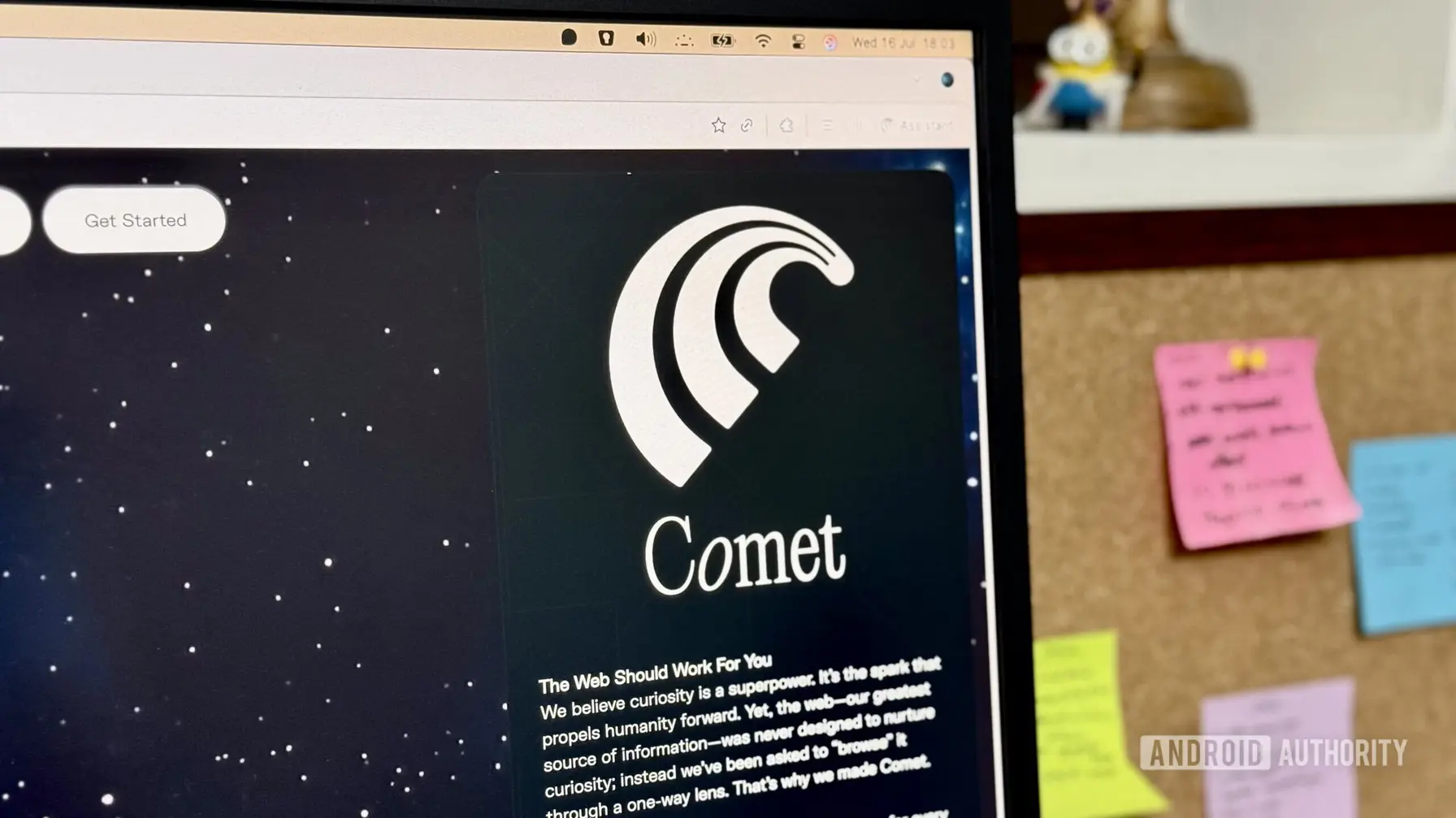T4K3.news
Cloudflare criticizes Perplexity for web access violations
Cloudflare claims Perplexity ignored rules preventing its web crawlers from accessing specific sites.
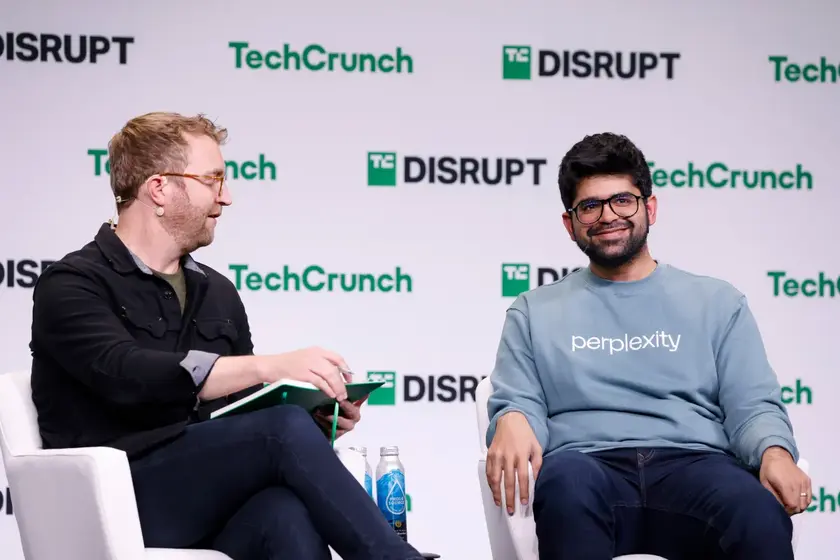
As the debate over web scraping intensifies, supporters of Perplexity argue against Cloudflare's claims.
Defenders rally around Perplexity after Cloudflare criticism
On Monday, Cloudflare accused the AI search engine Perplexity of covertly scraping protected websites, sparking a heated debate in tech circles. Cloudflare’s claims center on its establishment of a website that explicitly blocked Perplexity’s access. Despite those restrictions, Perplexity managed to provide information from the site, leading Cloudflare CEO Matthew Prince to label their actions deceptive. Several users and experts came forth to defend Perplexity, suggesting that accessing public websites at a user's request should not be unfairly classified as bot behavior. They argue that the distinction between a user-requested search and automated crawling is crucial and merits further examination.
Key Takeaways
"If I as a human request a website, then I should be shown the content."
A Hacker News user supports the notion that human-like access should apply to AI as well.
"Some supposedly ‘reputable’ AI companies act more like North Korean hackers."
Matthew Prince's choice of words intensifies the controversy surrounding Perplexity's actions.
"The difference between automated crawling and user-driven fetching isn’t just technical."
Perplexity's statement argues for a more nuanced view of AI access to data.
This situation highlights a growing tension in internet use as AI technology rapidly evolves. As organizations like Cloudflare adopt stringent measures to protect site owners, users are caught in the middle. The debate goes beyond technical definitions to deeper moral and financial implications: should services that enhance user experience be restricted because they are seen as a threat? The contradiction lies in the fact that increased AI access could drive traffic back to these sites, which raises important questions about the future of web economics and user agency. If LLMs like Perplexity become commonplace, will site owners risk losing potential visitors by blocking AI agents?
Highlights
- Let AI search the way humans do at our request.
- Defending user-driven access in a digital landscape is critical.
- A public lookup shouldn't be restricted to bots alone.
- Navigating the new AI-powered internet poses ethical dilemmas.
Concerns over ethical web crawling
The friction between AI access and website protection raises questions about web ethics and potential backlash from users and developers. This is especially pertinent given the financial stakes for site owners as AI shapes online behavior.
The resolution of this debate may shape the future landscape of web interactions.
Enjoyed this? Let your friends know!
Related News
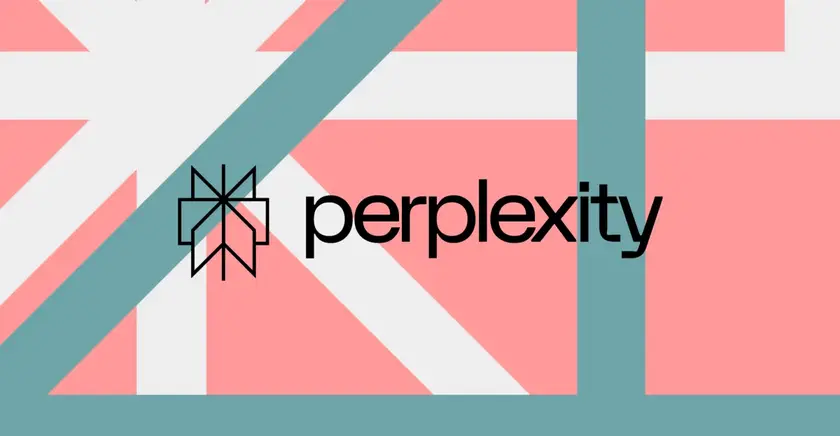
Cloudflare reports Perplexity’s unauthorized web crawling

Perplexity launches Comet, a new AI browser

Hundreds of illegal streaming sites blocked in the UK

Growing safety concerns in Meta's metaverse
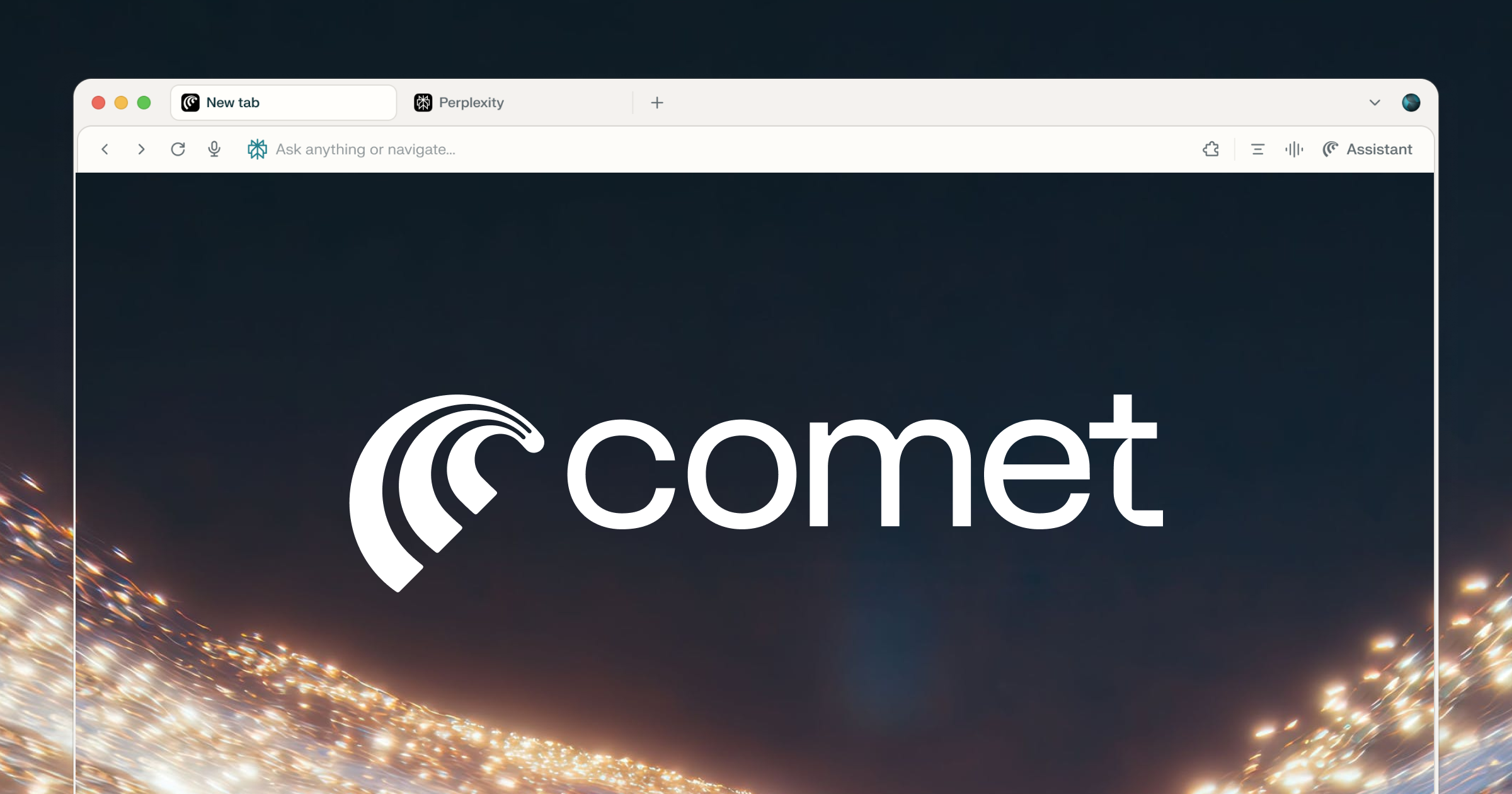
New AI browser Comet launched by Perplexity

Sam Altman defends Trump’s AI chip deals

Russia tightens internet controls
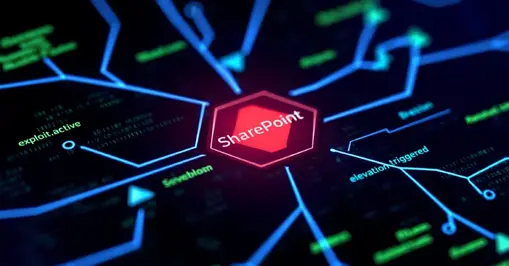
Serious SharePoint Vulnerability Under Active Exploit
